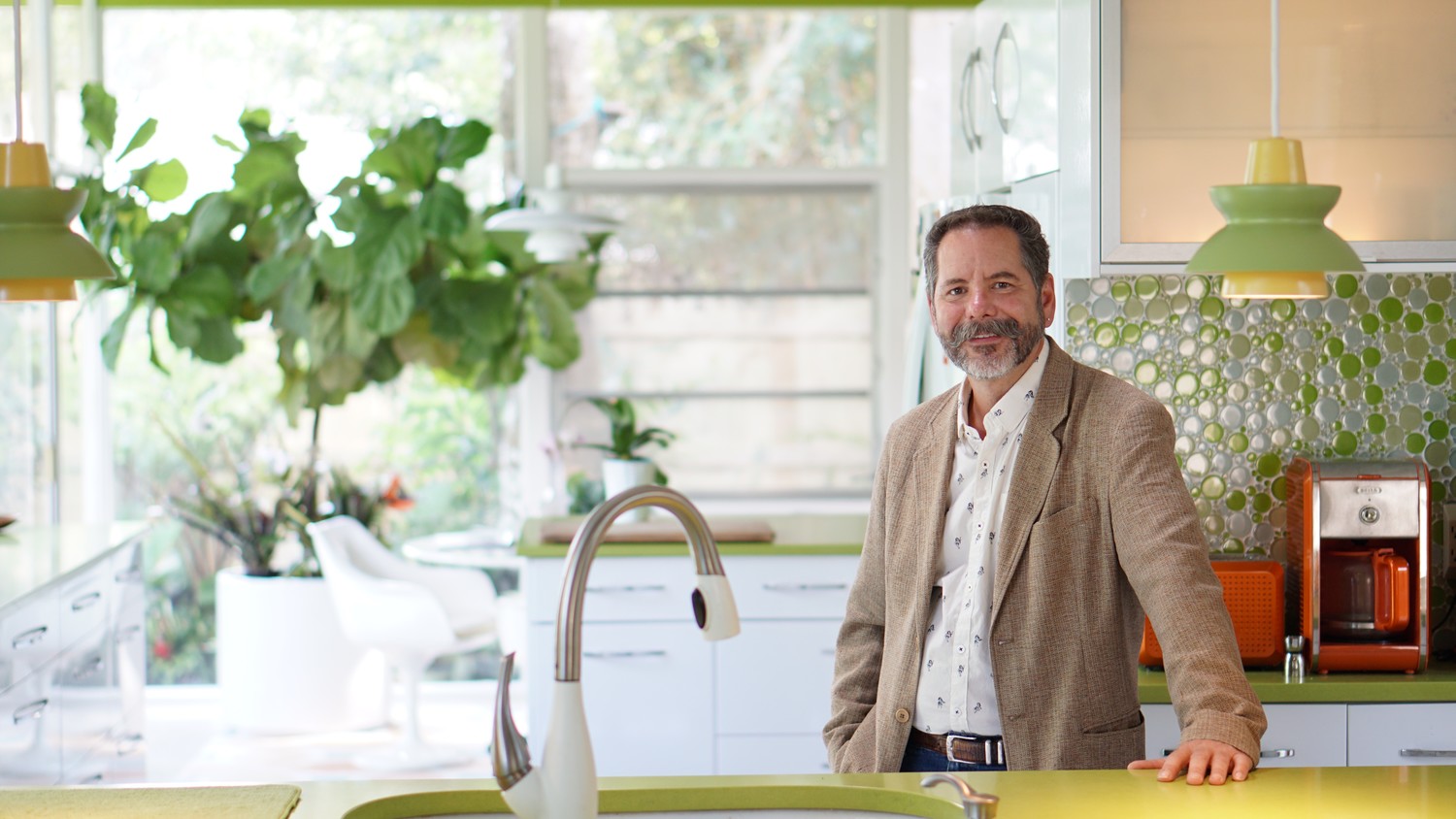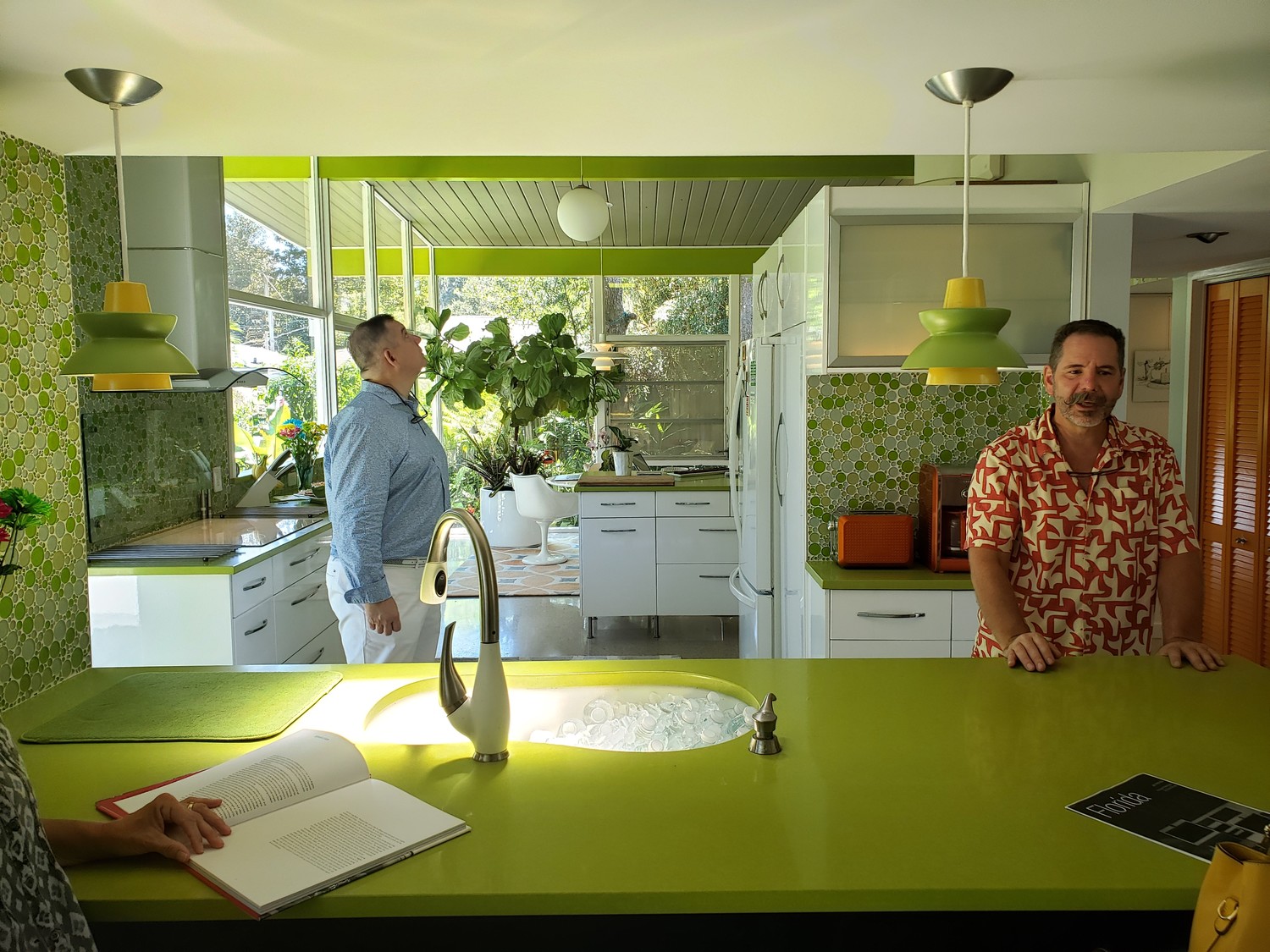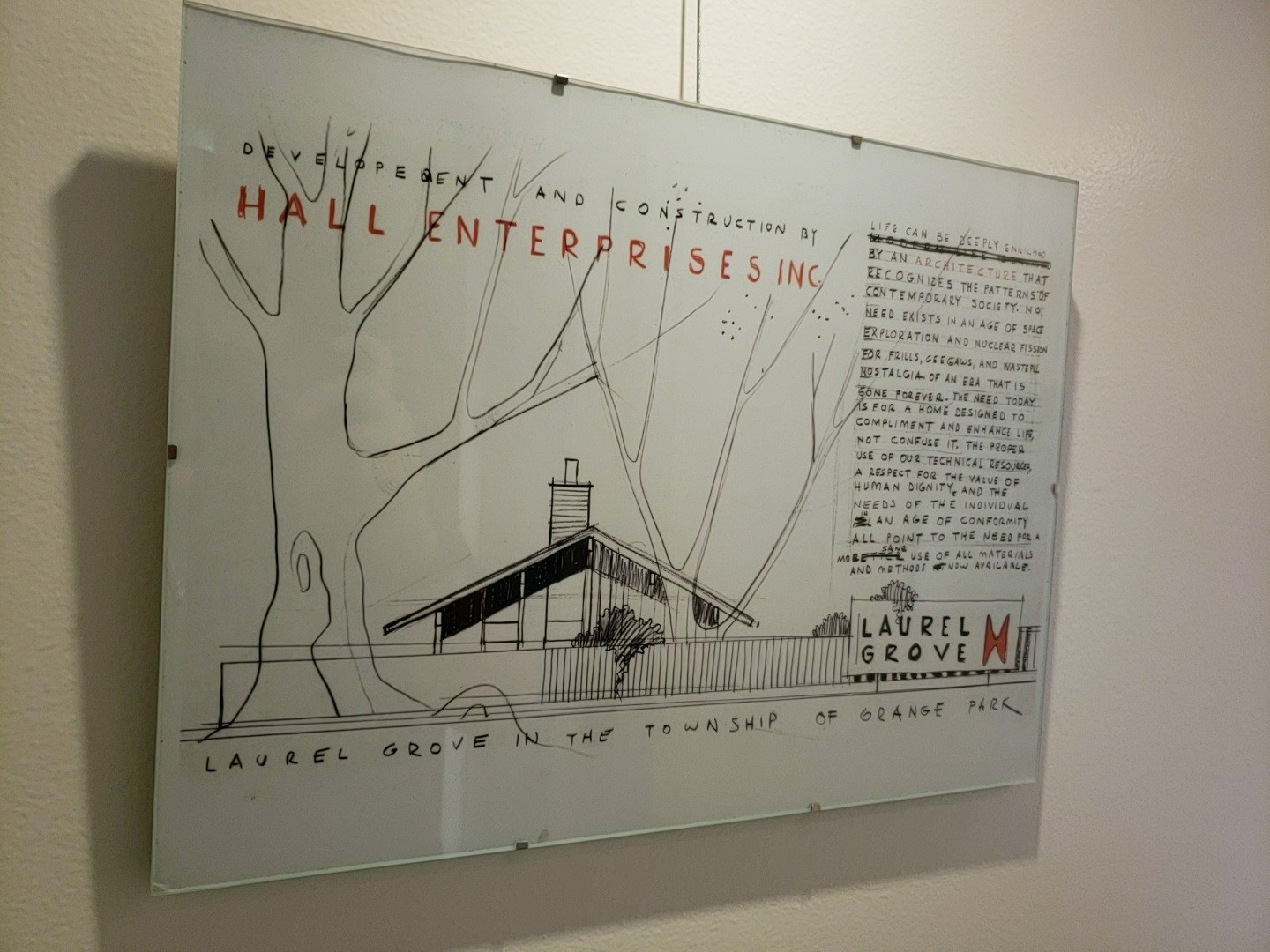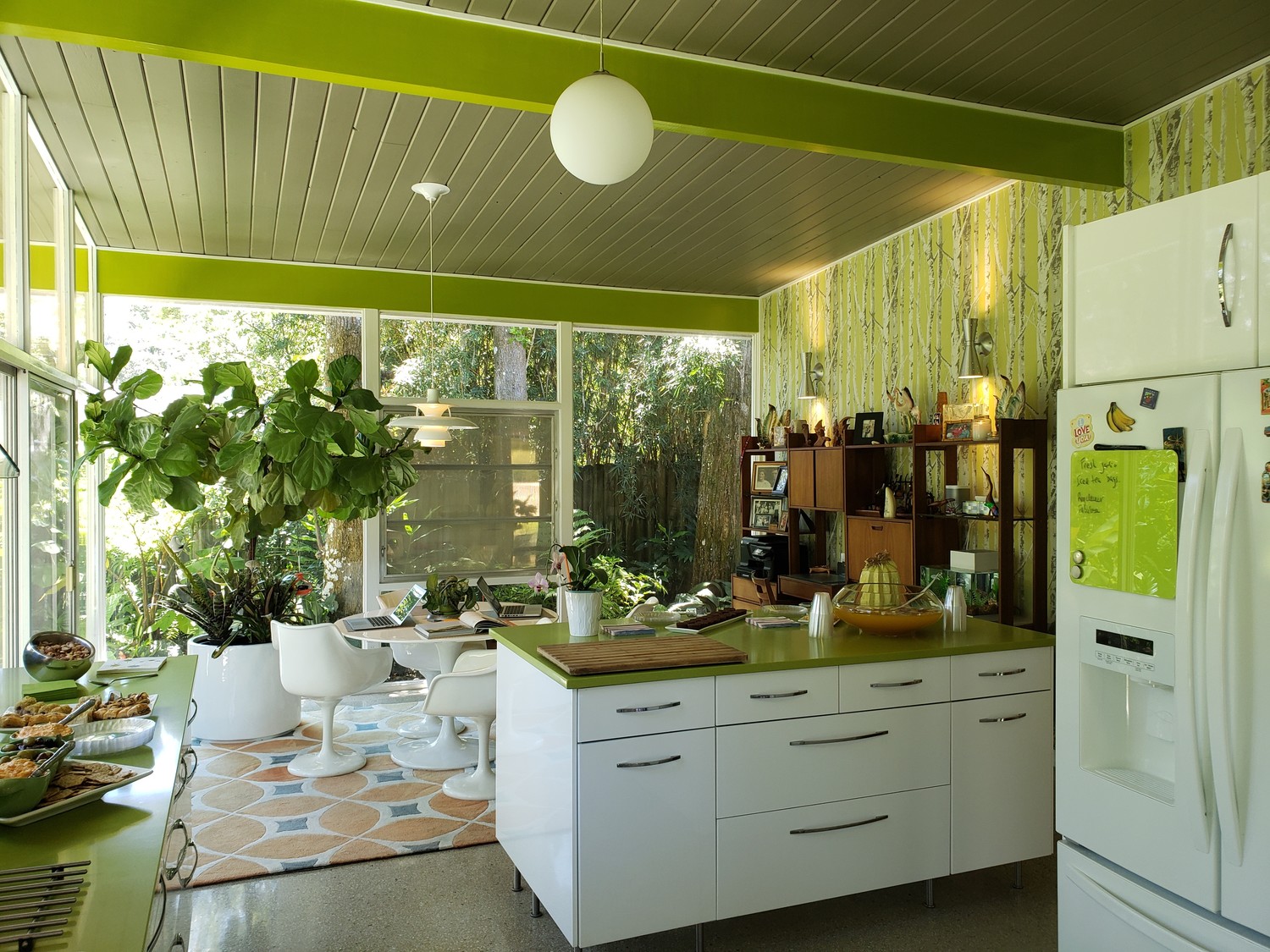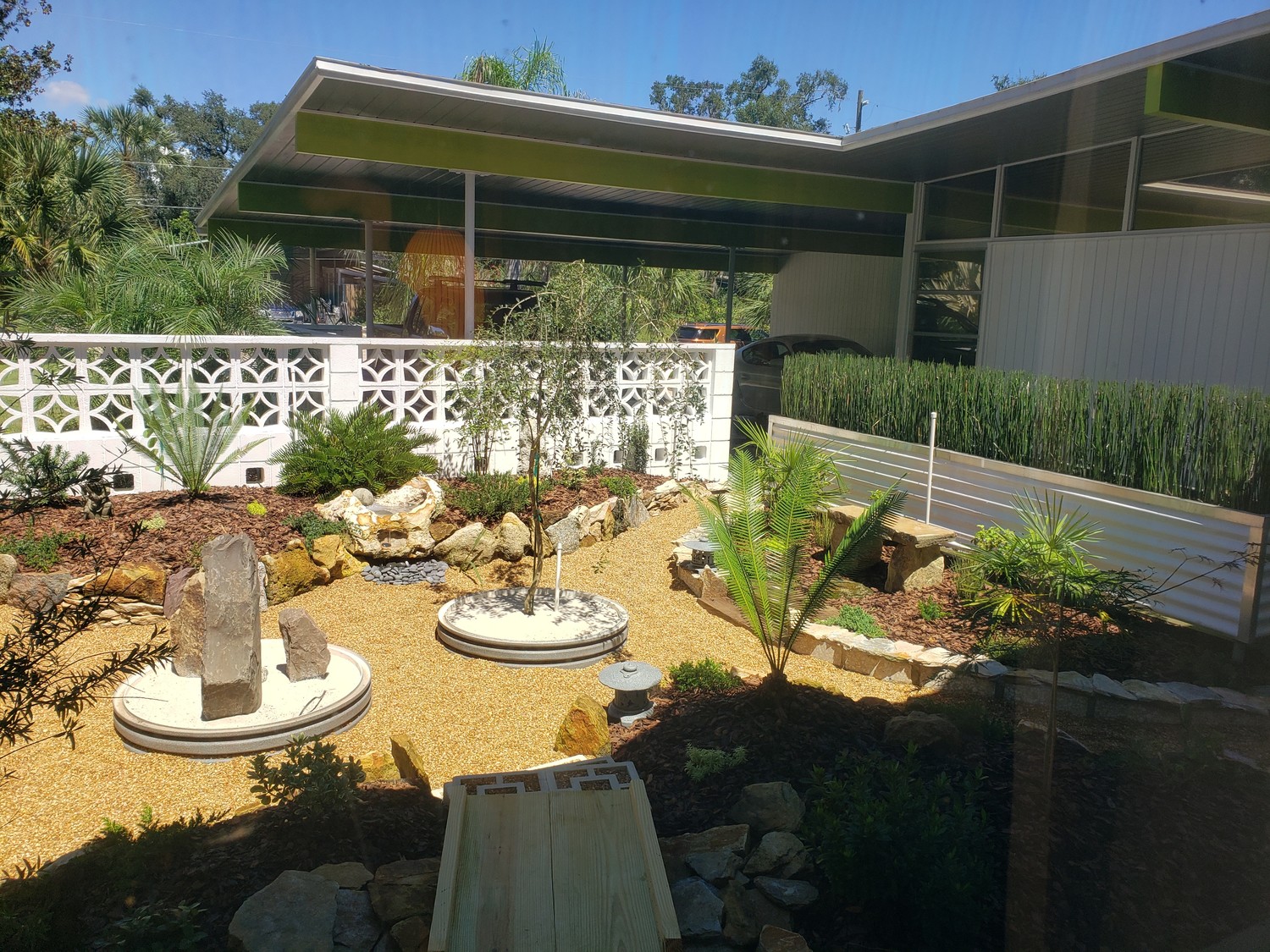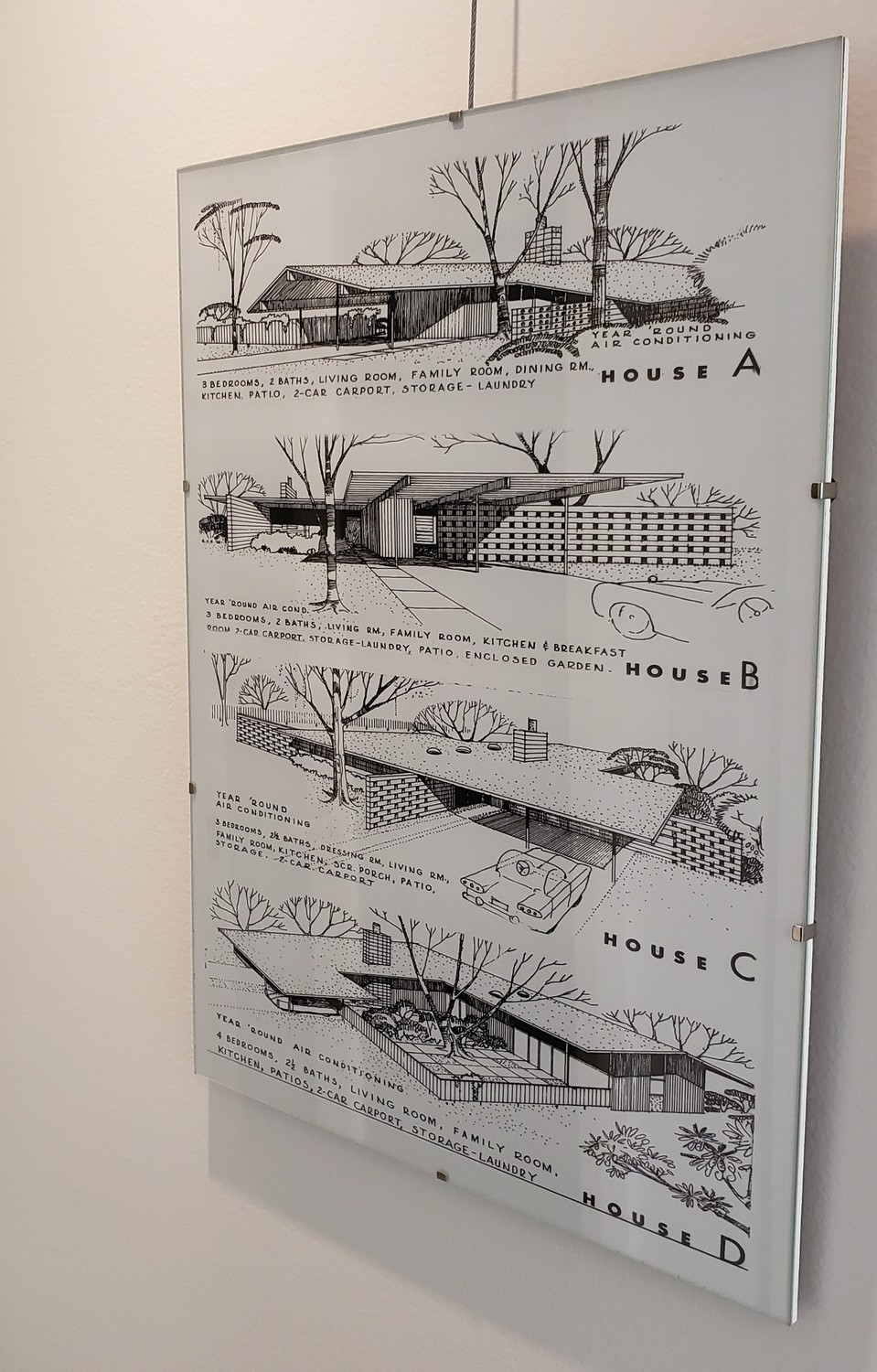Orange Park closer to preserving historic homes
ORANGE PARK – Although the move came with cautions about big government, property rights and overreach, Orange Park Town Council voted unanimously Tuesday night to move forward to establish its …
This item is available in full to subscribers.
Attention subscribers
To continue reading, you will need to either log in to your subscriber account, or purchase a new subscription.
If you are a current print subscriber, you can set up a free website account and connect your subscription to it by clicking here.
If you are a digital subscriber with an active, online-only subscription then you already have an account here. Just reset your password if you've not yet logged in to your account on this new site.
Otherwise, click here to view your options for subscribing.
Please log in to continueDon't have an ID?Print subscribersIf you're a print subscriber, but do not yet have an online account, click here to create one. Non-subscribersClick here to see your options for subscribing. Single day passYou also have the option of purchasing 24 hours of access, for $1.00. Click here to purchase a single day pass. |
Orange Park closer to preserving historic homes
ORANGE PARK – Although the move came with cautions about big government, property rights and overreach, Orange Park Town Council voted unanimously Tuesday night to move forward to establish its first-ever Historic Preservation Board.
The 5-0 vote comes after months of meetings and engagement with a town council-approved committee and a grassroots group of residents who own what are called Mid-Century Modern homes in the town. By some counts, there are as many as 60 of these homes, which were designed and made famous by Jacksonville architect Robert Broward who studied twice under Frank Lloyd Wright.
Despite concerns raised about trying to keep government small and the town council having too many meetings that require town staff time prior to and after meetings, the vote was met with praise by council members and attendees.
Angel Corrales sat on the town’s working committee leading up to the Jan. 8 vote, but does not own a Mid-Century Modern home. It’s his 15 years of historic preservation experience, he said, that lured him to move to Orange Park from Jacksonville’s historic Riverside community solely to purchase and restore the oldest-known home in Orange Park, which dates to 1878.
He said historic preservation, when supported by a community and similar types of government-related boards, helps put cities “back on the map.” To make his point, he referred to the town’s symbol, which states how the town was formed in 1877.
“We want to realize where we came from,” Corrales said. “We have that sign that says 1877, so if we start tearing down and neglecting the architectural history, we’re ignoring that sign and what it means – it means we were established.”
Today, most of the Mid-Century Modern homes are located in the area of Fatio Lane, Laurel Grove Lane and Lake View Lane, and are best described as flat, very private in the front with little to no windows, and a large glass-pane back section.
In making the recommendation to the Town Council prior to the vote, Town Manager Sarah Campbell read a list of items from the Historic Preservation Committee of how its members envisioned the new board to function.
She said the new board, when an ordinance is finalized and voted on at future council dates, could have “potential quasi-judicial powers,” its members’ terms would be concurrent with Town Council member seats and its members be required to have professional expertise in architecture, construction or historic preservation.
The town committee did not make any recommendations on any rules and regulations, but its members agreed that they liked components of both voluntary and mandatory aspects of historic preservation programs. Before Town Council voted, Campbell also warned that the town had a sharp increase in the number of board and committee meetings from 80 meetings in 2017 to 101 meetings in 2018 for an increase of 26.25 percent.
“But, we’re getting a lot accomplished. I say that to just frame it this way that historic preservation is important. We want to tackle it, but I also want to [point out] that we’re reaching capacity in what we can do with our staff and what we can do with our space and our calendar, so as we move forward, we just need to be aware of those types of constraints,” Campbell said.
Mayor Gary Meeks kicked off the discussion about the proposal and raised concerns about current Orange Park residents who may be forced into a mandatory program enacted by a future new board. He said he wants to prevent any type of regulation that would potentially place a financial burden on town residents.
“I just want us to be careful as to what we’re going to impose on people who have made an investment already and now, all of a sudden it’s going to fall under these mandatory restrictions on property that they may not be able to sell due to these restrictions,” Meeks said.
Council member Connie Thomas said one of the first things any type of new Historic Preservation Board must be is educate the community about the historic structures that are in the town and how they would fall under the purview of any set of regulations enacted with the new board.
When voting time came, Vice Mayor Ron Raymond voted yes, but made a point to say “a reluctant I” when the Council was polled. He said he was afraid that such a new board smacks of bigger government.
“I would really like to hear why is it important that it be a board, which means it’s got to have a set of rules, it’s got to have a set of appeal, it’s got to have records that reach to a higher degree. And because they are a judicial group – I’m not opposed to preservation, I want everything old preserved – the reality is that I’m just having a hard time believing that we ought to create another bureaucracy, and whether you want to admit it or not, when you create a board, you’ve created bureaucracy,” Raymond said.
Campbell responded by saying the reason was permit review for historic structures and future renovations and how such a mechanism can protect the historic integrity of a neighborhood.
“We just had a Mid-Century Modern home that was butchered by somebody who put double-hung windows on the front façade. Had you had a board in place, we could say ‘We’re going to require the windows, but they have to be stylistically-appropriate to fit this neighborhood overlay that we’ve formed,” Campbell said.
The motion allows Town Attorney Sam Garrison to begin the process of drafting an ordinance to establish the Historic Preservation Board and bring it back to council for the required two public hearings. The next Town Council meeting is Jan. 22 at 7 p.m.


